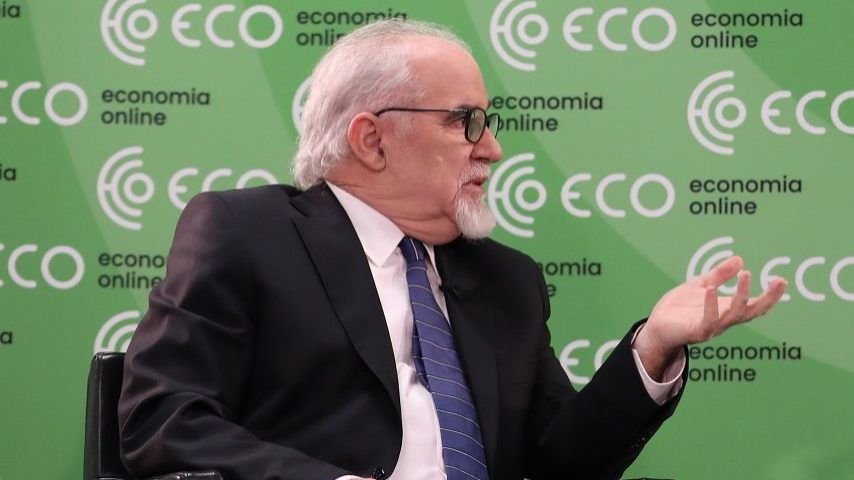Decrease in the TSU will be financed by the SB and Social Security in 2017
Only in 2018 will the decrease in the Single Social Tax (TSU) be fully financed by the State Budget (SB). In 2017, the financing will be assured equally by the SB and Social Security.
If it is approved, the decrease in the Single Social Tax (Taxa Social Única – TSU, the monthly payment made by companies per worker to Social Security) will be financed equally by the State Budget (SB) and Social Security in 2017; only in 2018 will the decrease be fully funded by the SB.
The TSU cut, from 23.75% to 22.5%, was part of the agreement made by the Labor ministry, UGT (General Workers’ Union) and social partners in the Social Concertation: companies will have to pay a higher minimum wage (557 euros), but will have a 1.25 percentage points’ decrease on the TSU.
The proposal is clear: the financing of the decrease will be “equally assured” by the SB and Social Security. The government’s decree-law proposal specifies that “the legislation in force will be applicable to 2017, being that the full funding will take place in 2018 following the State Budget’s transfer to the Social Security Budget”.
The Labor minister Vieira da Silva estimates the TSU decrease will have a 40 million euros’ impact on the Social Security cash flow. However, it is expected the increase in minimum wage will represent an additional impact of the same amount – without the TSU decrease, that amount would double, but it should be fully compensated by the 2018 SB.
But the proposal may not be approved in Parliament: the Left Block (BE) and the Portuguese Communist Party (PCP) should vote against it, as well as the Portuguese Social Democratic Party (PSD), since Passos Coelho stated they will not help the Government to approve the proposal. The decision made by the PSD leader and former prime minister has been highly criticized, because when he was in government in 2014, the PSD agreed to increase minimum wage and decrease the Single Social Tax. Nonetheless, Passos Coelho explains it is not up to the PSD to support the government, but the BE and PCP, since they are a coalition in Parliament.




